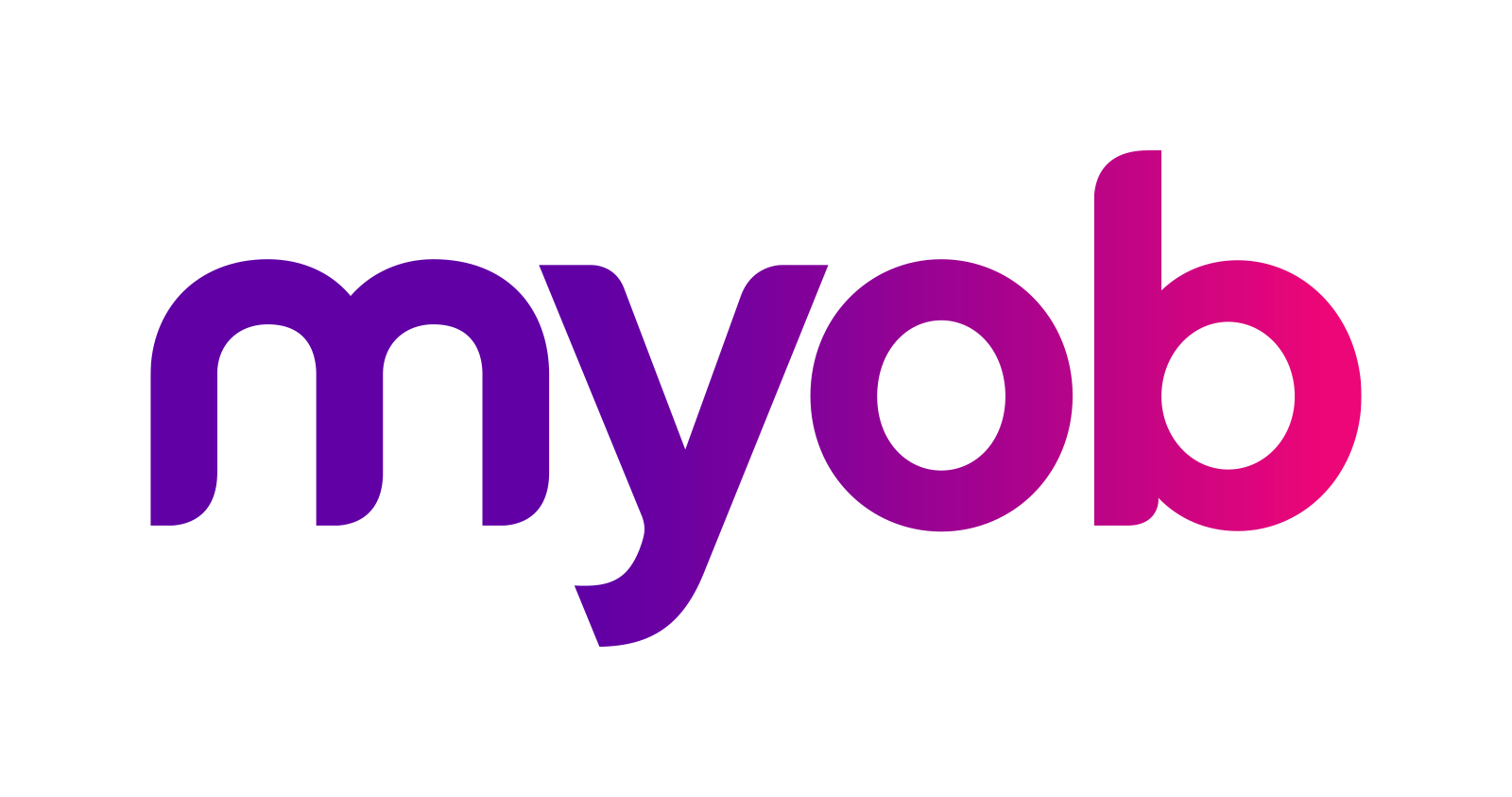News Articles

Do you want to protect your hard work and assets? Running a small business can be challenging, and planning for the future is smart.
To help with this planning, we strongly recommend seeking estate planning advice from a legal professional who can help you prepare a legally binding Will and a Power of Attorney. These legal documents will help protect your business interests if you're deceased or incapacitated.
As your accountant and advisor we understand your group structure, where your business and wealth assets are held and controlled. As a result, we can assist to ensure your estate plan not only reflects your wishes but it seamlessly integrates every facet of your business, personal, financial and legal affairs.
Writing a Will
Apart from outlining your wishes about distributing your assets, a Will is a legal document outlining how your business assets are allocated or managed. A Will is an essential part of estate planning, which, if prepared incorrectly, can have serious consequences for how your estate is distributed on your death. Any errors or confusion can also cause unnecessary delays and costs which could harm your business.
By creating a Will, you can ensure the allocation of these assets according to your wishes, and your business can continue to operate smoothly if that is your desire. It is particularly important if you hold assets in varying structures, such as Companies, Family Trusts, or Self-Managed Superannuation Funds. If your explicit wishes for assets in structures are not legally specified, their control may be left to the discretion of executors, trustees or directors. As part of this process, you must pick an executor and possibly an alternate executor to oversee the management of your estate.
Consider naming a successor for your business who will take over if you wish for it to continue after you pass away. Remember to spell out how you'd like your business assets managed, and if there is no successor, outline how the business should be sold and the proceeds distributed. These instructions may be complex so it may be appropriate to have these in a separate document referred to in the Will.
Protecting your business in the event you're debilitated
In addition to a Will, creating a Power of Attorney is crucial. A Power of Attorney is a legal document that designates an agent – this could be the same person you've chosen as your executor or someone different – to act on your behalf if you cannot do so yourself.
A Power of Attorney will enable this individual to make decisions about your business, such as signing contracts or managing finances. By creating a power of attorney, you can protect your business interests even if you become incapacitated or unable to make decisions.

Creating a Will and power of attorney can also provide peace of mind for you and your loved ones. By putting these legal documents in place, you can rest assured that your business interests are protected and that your loved ones will be able to act as you want them to.
Dying intestate
Dying "intestate", or without a Will, can have significant consequences for small business owners. It's important to note that each state and territory have specific legislation. Here's what may happen to a small business owner who dies intestate:
- The distribution of assets: In the absence of a Will, the distribution of the deceased's assets, including business assets, is determined by intestacy laws. The distribution of assets is usually based on the deceased's family relationships, with the surviving spouse or children being the first to inherit. However, if there is no spouse or children, other relatives such as parents or siblings may inherit, or in some cases, the assets may pass to the state.
- The sale of the business: In some cases, the business may need to be sold to pay off debts or to distribute the assets according to the intestacy rules. This process can devastate family-owned businesses.
- The appointment of an administrator: When a business owner dies intestate, an administrator is appointed to manage the distribution of assets. This can be lengthy and costly and cause significant business operation delays.
- Disputes among family members: In cases with multiple heirs, disputes over the distribution of assets can arise, leading to lengthy and costly legal battles. These quarrels can result in the collapse of the business and the family's relationships.
- The impact on employees:
When a small business owner dies intestate, the employees may face uncertainty about their future employment. For example, the new owner may want to select new staff if the business is sold. This situation can be particularly devastating within a close-knit and loyal workforce.
It's critical to consult with a legal professional to ensure your Will is legally binding and comprehensive.
Creating a Will and ensuring that your business and assets are distributed according to your wishes is essential to avoid these consequences. Therefore, it's critical to consult with a legal professional to ensure your Will is legally binding and comprehensive. Don't leave the fate of your business to chance – take action today to protect your business and your loved ones.
Breakout: A basic checklist for writing a Will:
- Make a list of personal assets: Include all personal assets such as your home, car, jewellery, art, and personal bank accounts.
- Make a list of business assets and the structures they are held in: Include all business assets such as equipment, inventory, intellectual property, and business bank accounts.
- Choose beneficiaries for personal assets: Decide whom you want to inherit your assets, including individuals, organisations, or charities.
- Choose beneficiaries for business assets: Decide whom to inherit your business assets, including family members, business partners, or employees.
- Appoint an executor: Choose someone you trust to carry out your Will's instructions for personal and business assets. This person will be responsible for managing your assets and distributing them to your beneficiaries.
- Name a successor for your business: If you own a business, name a successor who will take over after you pass away.
- Include instructions for selling business assets: Specify how you want your assets managed or sold and the proceeds distributed.
- Include instructions for continuing the business: Specify how you want your business to continue after you pass away, if applicable.
- Sign and date your Will: Remember to sign and date the Will in the presence of eligible witnesses.
- Store your Will in a safe place: Keep your Will in a secure location, such as a safe deposit box or with your accountant or solicitor, and ensure your executor knows where to find it.
- Review your Will regularly: Review and update your Will, especially if you have significant life changes, such as the birth of a child, a divorce, remarriage, or substantial changes in your business.
Discuss Further?
If you would like to discuss, please get in touch.
Disclaimer
The information provided in this article does not constitute advice. The information is of a general nature only and does not take into account your individual situation. It should not be used, relied upon, or treated as a substitute for specific professional advice. We recommend that you contact Brentnalls SA before making any decision to discuss your particular requirements or circumstances.







